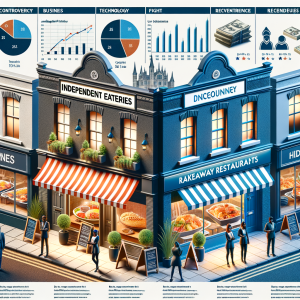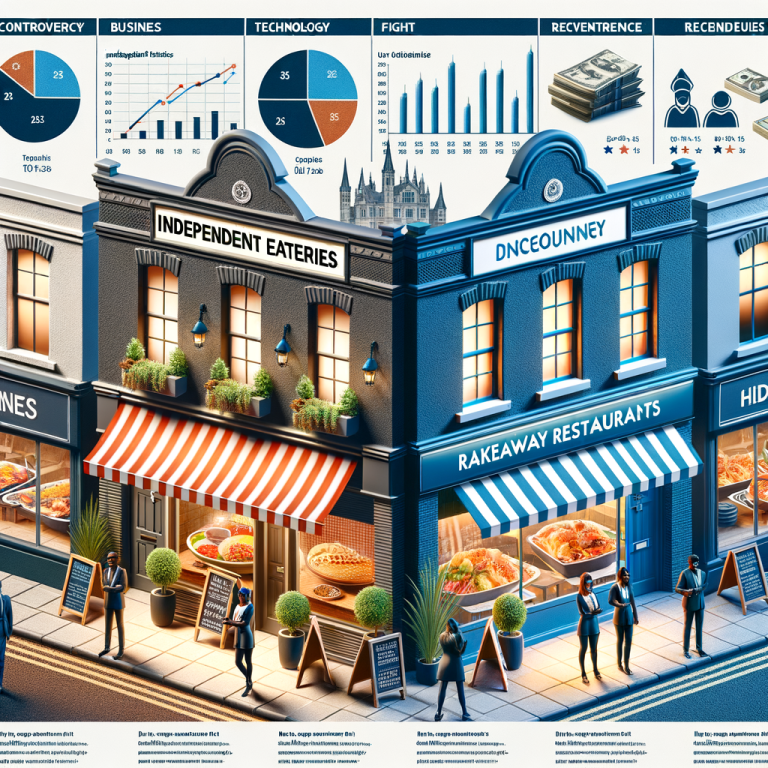(qlmbusinessnews.com Tue, 15th Aug, 2023) London, UK —
Rail fares in England are set to increase below the rate of inflation once again in 2024, according to an announcement by the government. This move is intended to assist individuals grappling with the rising cost of living, mirroring a similar measure implemented in 2023.
Any fare hikes will once more be deferred until March 2024, a departure from the customary January commencement prior to the Covid era. Nonetheless, a campaign group has argued that fares should be frozen “in acknowledgment of the financial strain imposed on rail passengers.”
Regulated fares encompass approximately 45% of total fares, encompassing season tickets for most commuter routes, select off-peak return tickets for long-distance journeys, and anytime tickets within major cities.
——————–Advertisement————————
Prior to the Covid pandemic, these fares were annually adjusted in January, using the Retail Prices Index (RPI) inflation rate from the previous July as a basis. The standard calculation involved RPI plus 1%.
June's RPI stood at 10.7%, and it is anticipated to be around 9% for July, with the official figure slated for release this Wednesday. While the increase for the upcoming year remains uncertain, this year's national rail fare increase was 5.9%, a significant deviation from July 2022's RPI of 12.3%.
Nonetheless, this increase marked the highest since 2012, as reported by the Office of Rail and Road, a regulatory body. The Labour party characterized this rise as a “cruel joke for the millions reliant on deteriorating services.”
This government intervention coincides with the persistently high UK inflation, though there are indications of a gradual slowdown. Despite this, numerous individuals continue to grapple with elevated prices for essential goods and services, further exacerbated by rising interest rates aimed at tackling inflation, rendering borrowing more expensive.
A spokesperson from the Department for Transport (DfT) affirmed that the government is committed to “shielding passengers from the financial strains of the cost of living.”
Anthony Smith, CEO of the passenger advocacy group Transport Focus, remarked that while no one welcomes fare increases, passengers will likely be relieved that fares will be capped below the Retail Prices Index, with any increases postponed until March of the upcoming year.
——————–Advertisement————————
Conversely, Paul Tuohy, the head of the Campaign for Better Transport, argued that rail fares should be “frozen, similar to fuel duty,” until the long-anticipated overhaul of the ticketing system is realized. The DfT pledged in 2021 to simplify the complex ticketing structure, reducing the multitude of available fares that can bewilder travelers trying to select the most suitable option.
Implemented reforms thus far have involved trials of “single leg pricing” and the introduction of flexible season tickets. Since the preceding summer, rail passengers have grappled with service disruptions resulting from a series of strikes, with further industrial action scheduled for Saturday, August 26, and Saturday, September 2.
Workers are advocating for salary increases aligned with the surging cost of living, while also striving to prevent job cuts and changes to working conditions.
As of now, the policies of the Scottish and Welsh governments concerning rail fare increases for the coming year remain undisclosed.
This News Story is brought to you by QLM Business News, your Digital Media Channel
Visit QLM businessnews.com
For more business news stories also follow us on Facebook, Twitter and Youtube.
To Help QLM Business News bring you more new stories like this, please like, share and subscribe.




















